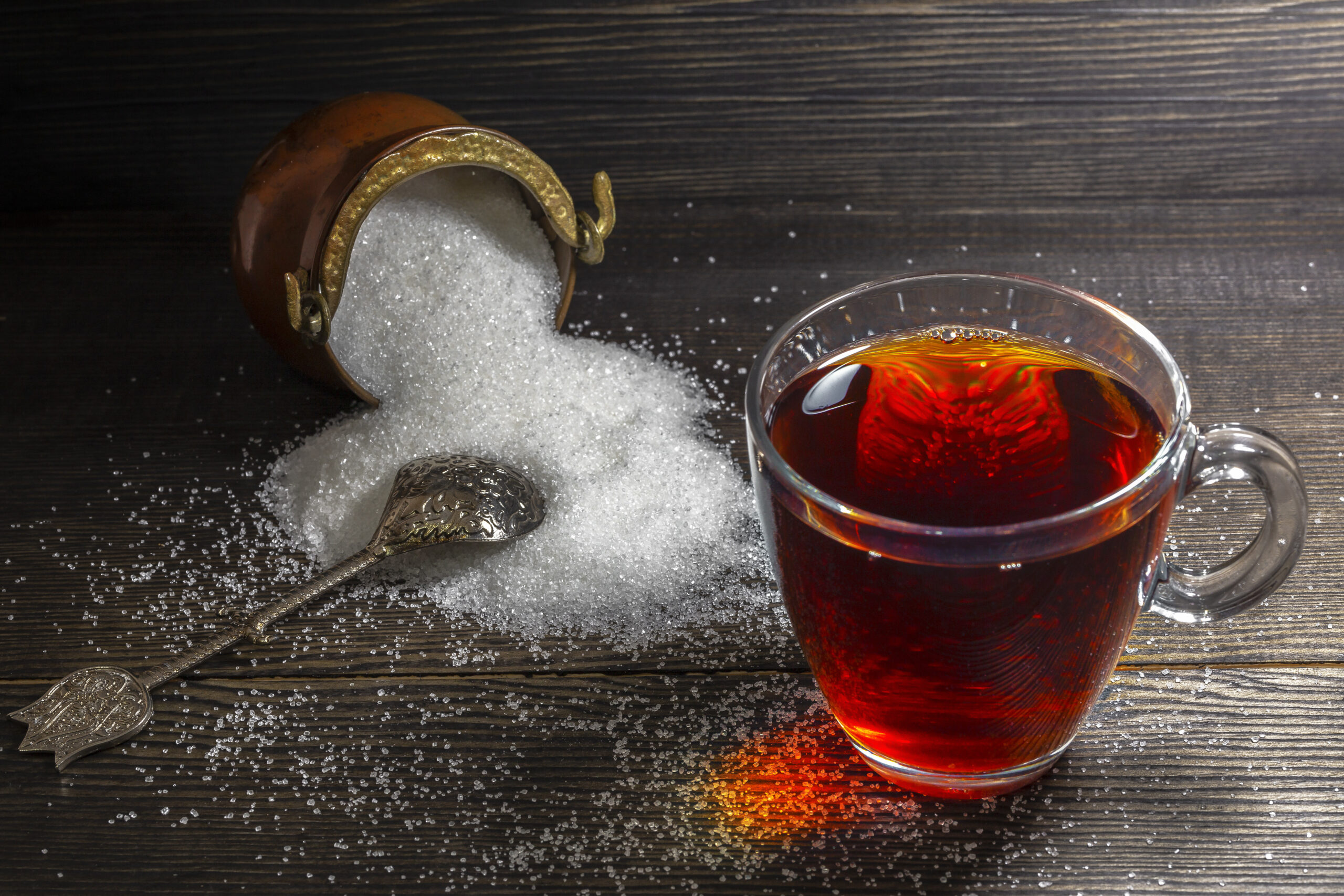Pros and Cons of Sugar Alcohols
Sugar alcohols are becoming a popular alternative to traditional sugars and artificial sweeteners in various food products, from candies and chewing gum to protein bars and beverages. Known for their lower caloric content and reduced impact on blood sugar levels, sugar alcohols offer an appealing option for those looking to reduce their sugar intake without sacrificing sweetness. However, like any food additive, they come with both benefits and potential drawbacks. This article delves into the pros and cons of sugar alcohols to help consumers make informed dietary choices.
What are Sugar Alcohols?
Sugar alcohols, also known as polyols, are a type of carbohydrate that resembles both sugar and alcohol in structure, though they contain neither ethanol nor sugar in their pure form. Common sugar alcohols include xylitol, erythritol, sorbitol, mannitol, and maltitol, each found naturally in small amounts in fruits and vegetables but also industrially produced for use in food and beverages.
Benefits of Sugar Alcohols
1. Lower Calorie Content: One of the primary advantages of sugar alcohols is their lower caloric density compared to traditional sugars. For example, while sugar contains four calories per gram, sugar alcohols like xylitol and erythritol have about 2.4 and 0.24 calories per gram, respectively. This makes them an attractive option for weight management and calorie-controlled diets.
2. Minimal Impact on Blood Sugar Levels: Sugar alcohols have a lower glycemic index than regular sugar, meaning they do not cause a rapid spike in blood glucose levels. This is particularly beneficial for people with diabetes, as managing blood sugar is crucial for their health.
3. Dental Health Benefits: Unlike sugar, sugar alcohols do not contribute to tooth decay. In fact, some sugar alcohols, such as xylitol, have been shown to inhibit the growth of bacteria that cause cavities and dental plaque, thus promoting oral health.
4. Versatility in Use: Sugar alcohols can easily be incorporated into various products, offering a sweet flavor similar to that of regular sugar, which makes them a versatile ingredient in cooking and baking.
Drawbacks of Sugar Alcohols
1. Gastrointestinal Discomfort: The most noted downside of sugar alcohols is their potential to cause digestive issues when consumed in large amounts. Because sugar alcohols are not fully absorbed by the body, they can ferment in the large intestine, leading to gas, bloating, and diarrhea. Sensitivity varies among individuals, with some experiencing symptoms after a small intake.
2. Laxative Effects: Some sugar alcohols, particularly mannitol and sorbitol, can have a laxative effect. This is due to their partial non-absorbability which draws water into the intestine, accelerating bowel movements. This can be uncomfortable and inconvenient for many users.
3. Incomplete Sweetness Profile: While sugar alcohols are effective at providing a sweet taste, some people notice a difference in sweetness quality compared to regular sugar. Some sugar alcohols can leave a cooling aftertaste, particularly noticeable with erythritol, which may not be desirable in all food products.
4. Allergic Reactions and Sensitivities: Though rare, some individuals may experience allergic reactions or sensitivities to sugar alcohols. These reactions can include headaches, rashes, or digestive issues, emphasizing the need for cautious use.
Conclusion
Sugar alcohols offer several benefits, making them an excellent alternative to sugar and artificial sweeteners, particularly for those monitoring their caloric intake or blood sugar levels. However, their use is not without drawbacks, primarily related to digestive health. Consumers should consider their individual health conditions and dietary needs when incorporating sugar alcohols into their diet. As with any dietary change, it is advisable to consult with a healthcare provider, particularly for those with existing health concerns or those who experience adverse effects from sugar alcohols. Understanding both the pros and cons of sugar alcohols can lead to better-informed dietary choices and a healthier lifestyle overall.
